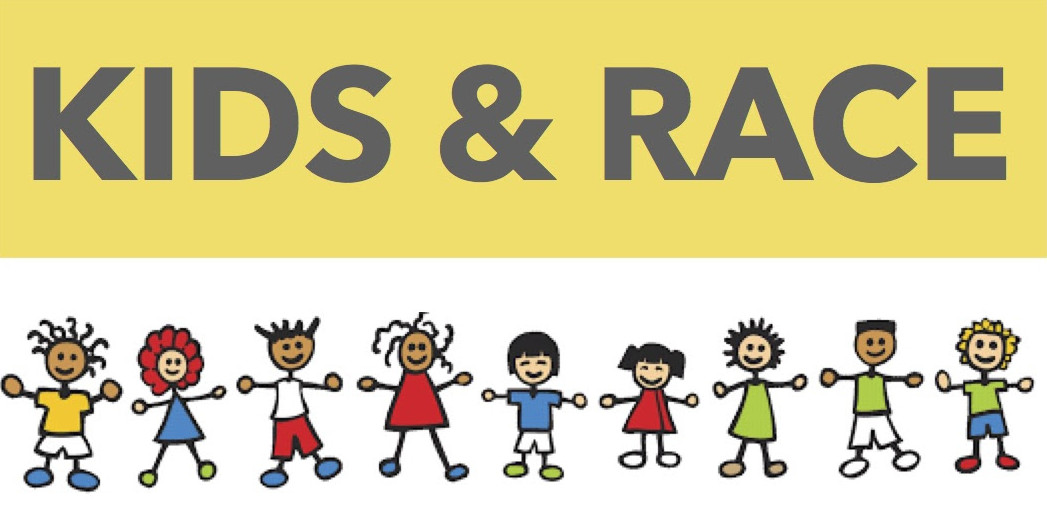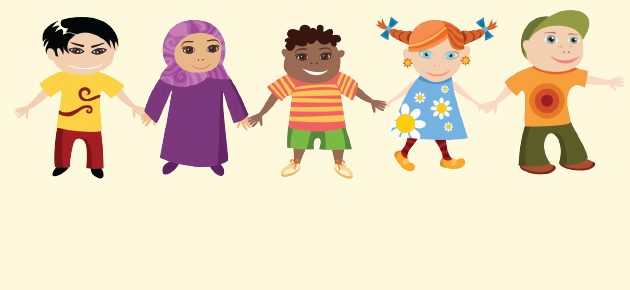Sabrina Espinal
Aisha Sidibe
FIQWS 101
November 14, 2018
Kids, Race and Ethnicity

Growing up I did not question no one’s skin color nor social status, and I guess that because it was something that was not affecting me as a whole, I did not give it too much thought. However, when I came to the United States, everything changed, and I did not know how to react to it. I wish my parents have told me about race and its implications in life as a kid, but every time I asked them about people with darker skin colors, they tried to avoid the topic while saying “we are all the same, humans, child of God,” it was fairly right for me, but soon I came to realize that just like me they were never ready to talk about such an important topic. Therefore, many parents in Latin America do not see necessary to teach their kids about race because they believe that “god has created everyone equally,” and that teaching their kids about race and ethnicity would create a confusing environment. However, a kid that was never taught about race and ethnicity is most likely to be a target of racism, because that kid never understood, their own and other racial/ethnic group.
Due to the fact that race is a social idea created to privilege those with “better” characteristics, it is important that parents teach their kids about race and ethnicity because that would help shape the kid’s attitude towards who they are and prevent any outside force affect their well-being. I remember looking at an old family portrait, in which I was centered in the middle while my siblings and my dad where by my side. I recall asking my sister why I was lighter than all of them, in fact, I remember doubting that I was genetically part of my family,  even though we all looked alike, my skin color prevented me from assimilate a relationship among us. It was something that might be silly at some point, but as a kid I feared that such belief became real and the treatment I received from friends and outsiders in comparison with my siblings, was totally different.
even though we all looked alike, my skin color prevented me from assimilate a relationship among us. It was something that might be silly at some point, but as a kid I feared that such belief became real and the treatment I received from friends and outsiders in comparison with my siblings, was totally different.
While I was living in the Dominican Republic, my parents and I never faced any type of “racist” attitudes, on the contrary, I received a lot of good comments because of my features such as my nose and my hair, in specific. When I moved to the United States, I was not seemed as I used to back in the Dominican Republic. Coming to a very diverse city like New York made me open my eyes to a really harsh issue, racism. In comparison to the others I was darker that those around me, and in that moment, I figure out why I started to be treated “less” and how many people did not see me as “equal” to them, just like my mom once told me.
Parents have to understand that their kids are perfect under their eyes, but the world would not see them in such way. In order to raise kids aware of their race, they have to stop teaching them color-blinded, avoiding talking about race will not help it go away. Parents should teach their kids to love themselves no matter your skin color, hair, or facial characteristic, while at the same time, letting kids know that society would try to corrupt their beliefs and make them feel less.




